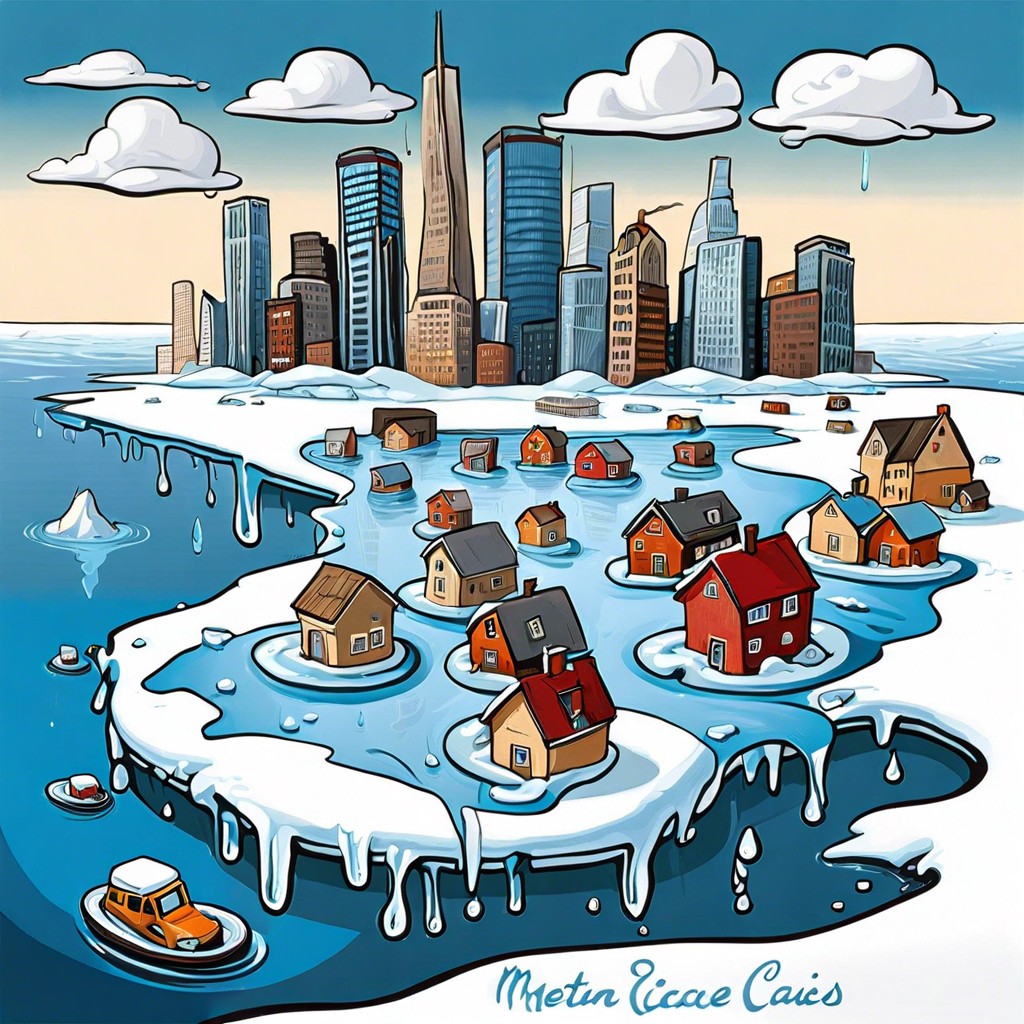Overhydration can lead to serious health issues like hyponatremia, which dilutes the sodium in your blood — find out how to recognize and avoid it.
Ever felt like a human fish tank after guzzling tons of H2O? You’re not alone! Drinking too much water might sound harmless, but it can lead to some pretty wild consequences. From puffiness to brain fog, overhydration is no joke. Wondering if you’ve crossed the line from hydrated to waterlogged? Stick around, and we’ll dive into the symptoms, risks, and handy tips to keep your aqua intake just right. Plus, we’ll tell you when it’s time to call in the pros. Let’s make a splash through the do’s and don’ts of daily hydration!
Key takeaways:
- Overhydration can lead to bloating, headaches, nausea, confusion, and swelling.
- Risks include brain swelling, low sodium, kidney strain, and heart complications.
- Ideal water intake depends on urine color, activity level, body signals, and diet.
- Prevent overhydration by knowing your needs, listening to thirst, pacing intake, diversifying sources, and adapting to weather and activity.
- Seek medical help for extreme symptoms like persistent swelling, severe headache, confusion, or seizures.
Symptoms of Overhydration

Feeling bloated like a water balloon about to pop? That’s just the beginning. Overhydration can lead to a range of pesky symptoms that are anything but refreshing.
First, there’s the constant need to pee. You might as well set up shop in the bathroom. Then comes the headaches. Yes, the irony of getting a headache from drinking too much water is rich.
Next, you might feel nauseous. Hydration should make you feel like a plant in spring, not a pirate on a rough sea.
If that’s not enough, overhydration can dilute your blood, leading to low sodium levels. This could result in confusing symptoms, like dizziness and confusion, turning your day into a bewildering blur.
And let’s not forget the swollen limbs. Hands and feet ballooning? Not fashionable.
Risks & Health Consequences
Swelling of cells, especially in the brain, can lead to some wild and unwelcome headaches, confusion, and even seizures. Sounds fun, right? Spoiler alert: it’s not.
An excess of water can also dilute the sodium in your bloodstream. This condition, called hyponatremia, might sound like a fancy spa treatment but can actually cause nausea, vomiting, and muscle cramps.
Your kidneys are hard-working little troopers, but even they can get overwhelmed. Imagine asking a hamster to run a marathon. Overhydration can put unbearable strain on these vital organs.
Chronic overhydration can also throw your heart into a tailspin. The increased blood volume forces your heart to pump harder, which could ultimately lead to heart complications. Your heart’s got enough to worry about; don’t pile on more.
So, while drinking water is essential to life, too much of a good thing can turn it into a soggy nightmare. Balance, folks. Balance.
How to Identify Your Ideal Water Intake
First, check your pee. Yes, you read that right. Your urine color is a great hydration barometer. Aim for a light lemonade shade. If it’s clear like spring water, you might be overdoing it.
Next, consider your activity level. Marathon runner or couch surfer? Your water needs will drastically differ. Drink more if you’re sweating buckets; stick to the basics if binge-watching your favorite series.
Tune into your body’s signals. Thirsty? Drink. Not thirsty? Don’t. Revolutionary, isn’t it?
Finally, dietary intake matters. Chomping on water-rich fruits and veggies means you might need fewer trips to the water fountain. Watermelon fans, rejoice!
In short, listen to your body, consider your lifestyle, and occasionally scrutinize your bathroom habits.
Quick Steps to Prevent Overhydration
Start by understanding your daily water needs, which vary depending on factors like age, sex, weight, and activity level. There’s no one-size-fits-all, despite what internet gurus might shout from their virtual rooftops.
Listen to your body. Thirst is a pretty good indicator that you need more water. Surprisingly, it’s not just a dusty relic of caveman times — your body actually knows what it’s doing.
Spread out your hydration. Slamming back a gallon of water in one go is not only uncomfortable but also unnecessary. Sip steadily throughout the day like a sophisticated camel.
Mix it up a bit. Hydrate with fruits and vegetables that have high water content. Think watermelon, cucumber, and fresh celery sticks. Bonus: They double as a low-effort snack!
Mind the weather and your activity level. Exercising or living in a climate that’s hotter than a dragon’s lair? You’ll need more water. In contrast, lounging in air conditioning while binge-watching shows from your couch? Stick to moderate intake.
And finally, keep an eye on your urine. Clear or light yellow is what you’re aiming for. Anything darker, hydrate more. If it’s crystal clear, maybe ease up a bit before you start feeling like a human water balloon.
Stay smart about it and drink with intention — not out of habit or boredom.
When to Seek Medical Attention
Sometimes, life gives you lemons, and other times, it gives you too much water. Knowing when to seek medical attention can be a lifesaver.
First off, if you feel like you’re floating while sitting on dry land, that’s a sure sign of trouble. Nausea and vomiting? Not just a result of your Aunt Gertrude’s infamous meatloaf.
Severe headache? Drinking more water won’t solve that.
Watch for swelling in your hands, feet, and lips. Your body shouldn’t start looking like a water balloon.
Lastly, if you experience confusion or seizures, immediately think “ER” not “more H2O.”
Stay hydrated but not flooded, folks.




